What Is Digital Marketing? A Beginner’s Guide
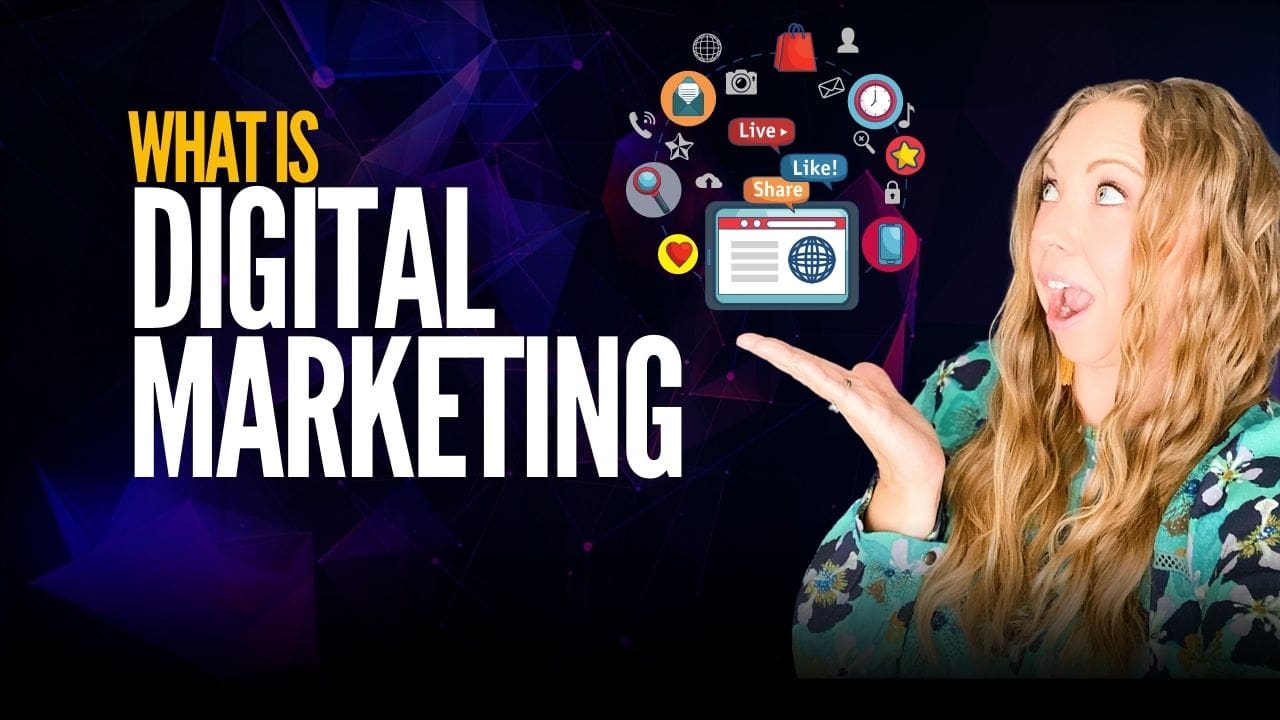
You may have heard about digital marketing, but do you know what it is and how it can benefit your business? Digital Marketing involves using online channels such as search engines, social media platforms, websites, email campaigns and more to reach potential customers. It encompasses everything from SEO tactics that increase visibility in search engine results pages (SERPs) to content creation designed to engage visitors on a website or platform.
Let’s explore some key components of digital marketing so you can better understand how they work together for maximum impact!
Table of Contents:
- What is Digital Marketing?
- Search Engine Optimization (SEO)
- Content Marketing
- Social Media Marketing
- Email and Automation
- Pay Per Click Advertising (PPC)
- Analytics and Reporting
- What is Digital Marketing FAQs
- Conclusion
What is Digital Marketing?
Digital marketing is the use of digital channels to promote or market products and services to consumers. It involves a variety of activities, such as search engine optimization (SEO), content marketing, social media marketing, email campaigns, display advertising, and more. Digital marketing has become an essential part of any business’s overall strategy due to its ability to reach a large audience in a cost-effective manner.
Definition of Digital Marketing
Digital marketing is the process of using online platforms and tools such as websites, search engines, social media networks, emails etc., for promoting goods and services. It also includes creating content that attracts customers by providing them with relevant information about products or services they are interested in buying.
Benefits of Digital Marketing
One major benefit of digital marketing is that it allows businesses to target specific audiences based on their interests and preferences. This helps businesses save time and money by targeting only those who are likely to be interested in their product or service instead of wasting resources on untargeted audiences. Additionally, digital marketing provides businesses with real-time feedback from customers, which can help them improve their strategies over time for better results.
There are many types of digital marketing, including SEO (Search Engine Optimization), PPC (Pay Per Click) Advertising, Social Media Marketing, Content Marketing, and Email Marketing & Automation. Each type has its own advantages depending on the desired campaign goals; some may focus more on brand awareness, while others may focus more on lead generation or sales conversions.
For example, SEO focuses mainly on improving website visibility through organic search rankings, while PPC focuses mainly on driving traffic through paid ads.
Digital marketing is an essential part of any business, no matter the size. By understanding what digital marketing is and how it works, entrepreneurs can start leveraging its power to reach their goals. Now let’s take a look at one specific type of digital marketing: Search Engine Optimization (SEO).
Search Engine Optimization (SEO)
What is SEO?
Search Engine Optimization (SEO) is the process of optimizing a website to improve its visibility in search engine results. This includes optimizing content, images, and other elements on the page for specific keywords or phrases that potential customers are likely to use when searching for your business online.
By using SEO techniques, businesses can increase their chances of appearing higher up in search engine rankings and attracting more organic traffic from users who are looking for their products or services.
RELATED: Best SEO Tools
Benefits of SEO
The main benefit of SEO is increased visibility in search engines which leads to more organic traffic. With better visibility comes more opportunities for potential customers to find your business online and become aware of what you have to offer them.
With proper optimization, you can make sure that your website loads quickly which helps keep visitors engaged longer on your site as well as improving user experience overall. Finally, by utilizing good keyword research practices you can ensure that you’re targeting the right audience with relevant content so they’ll be more likely to convert into paying customers.
Strategies for SEO Success
One key strategy for successful SEO implementation is having a clear understanding of how people interact with websites and what they’re looking for when they land on one particular page versus another page within a website structure. It is also important to create quality content that answers customer questions while incorporating relevant keywords throughout it so Google will recognize it as being useful information about a certain topic or industry related query someone might have searched for previously online.
Link building plays an important role in helping boost domain authority over time since links from other websites backlinks help demonstrate trustworthiness and relevance within Google’s algorithm ranking system too.
SEO is an essential part of any digital marketing strategy, and with the right strategies in place it can bring tremendous success. Now let’s look at how content marketing can help you achieve your goals.
RELATED: SEO Guide
Content Marketing
Content marketing is a type of digital marketing that focuses on creating and distributing valuable, relevant, and consistent content to attract and retain a clearly defined audience. This content can be in the form of blog posts, videos, infographics, e-books, webinars or any other type of media that provides value to the target audience. The goal of content marketing is to drive profitable customer action by providing useful information.
Benefits of Content Marketing
Content marketing has many benefits for entrepreneurs. It helps build trust with customers as it shows your expertise in your field while also helping you establish yourself as an authority figure within your industry.
Additionally, it increases website traffic which leads to more potential customers visiting your site and learning about what you have to offer them. Finally, content marketing helps improve search engine rankings since Google rewards websites that provide quality content regularly.
Strategies for Content Marketing Success
Content marketing is an effective way to reach your target audience and build relationships with them. It’s important to create a strategy that will help you achieve success in this area. Now let’s look at social media marketing, another great tool for entrepreneurs.
RELATED: Content Marketing Guide
Social Media Marketing
What is Social Media Marketing?
Social media marketing is the process of using social media platforms to promote a product or service. It involves creating content that appeals to your target audience and sharing it on various social networks in order to increase brand awareness, generate leads, and ultimately drive sales. Social media marketing can be used for both organic (free) and paid strategies.
Benefits of Social Media Marketing
Social media marketing has many benefits for businesses, including increased visibility, improved customer engagement, better lead generation opportunities, more cost-effective advertising campaigns, higher ROI from campaigns due to targeted reach, and more accurate analytics tracking. Additionally, it allows companies to build relationships with their customers by engaging in conversations about their products or services.
Strategies for Social Media Success
Social media marketing is an essential part of any digital marketing strategy, and understanding the basics can help entrepreneurs achieve success. Now let’s look at how PPC advertising can further boost your online presence.
RELATED: Social Media Marketing Guide
Email Marketing and Automation
Email Marketing and Automation is a powerful tool for entrepreneurs. It allows them to reach their target audience quickly, efficiently, and cost-effectively. With email and automation, businesses can create automated campaigns that send out emails at predetermined times or when certain conditions are met. This helps ensure that the right message reaches the right people at the right time.
What is Email Marketing and Automation?
Email marketing and automation refers to using software programs to automate repetitive tasks such as sending emails or creating marketing campaigns. These tools help streamline processes so you can focus on other aspects of your business while still reaching your target audience in an effective manner.
Examples of popular email automation tools include MailChimp, Constant Contact, ActiveCampaign, and Kartra.
See more details here: Best Email Marketing Software
Benefits of Email Marketing and Automation
The main benefit of email and automation is its ability to save time by automating repetitive tasks like sending emails or creating marketing campaigns. Additionally, it enables businesses to personalize messages for different audiences based on their preferences or interests which increases engagement rates with customers/clients significantly over traditional methods like direct mailings or cold calls.
Finally, it helps increase ROI (return on investment) since there’s no need for manual labor costs associated with managing campaigns manually as well as no printing costs associated with physical mailers/flyers etc.
Strategies for Email & Automation Success
To get the most out of email & automation strategies, entrepreneurs should start by segmenting their list into smaller groups based on common characteristics such as location or age group so they can tailor messages accordingly. This will also help identify what content resonates best with each segmented group, which will further enhance the effectiveness of future campaigns sent out via automated platforms/tools mentioned above.
Entrepreneurs should experiment with different subject lines, call-to-actions, visuals/graphics used within emails in order to maximize open rates; this could be done through A/B testing where two versions are tested against one another before rolling out a campaign more widely.
Tracking results from previous campaigns is key – understanding what worked well previously gives insight into how future ones should be structured and executed in order to achieve desired outcomes.
Email Marketing and Automation are powerful tools for entrepreneurs to use in order to build relationships with their customers and increase sales. By understanding how to utilize analytics and reporting, entrepreneurs can maximize the effectiveness of their digital marketing campaigns.
RELATED: Email Marketing Guide
Pay Per Click Advertising (PPC)
Pay Per Click Advertising (PPC) is a form of digital marketing that allows businesses to advertise their products and services on search engine platforms such as Google, Bing, and Yahoo. PPC works by having the advertiser bid on certain keywords related to their product or service in order to appear at the top of search results when those terms are searched for. When someone clicks on one of these ads, they are directed to the advertiser’s website where they can learn more about what is being offered.
What is PPC Advertising?
PPC advertising is an online advertising model in which advertisers pay each time a user clicks on one of their ads. Advertisers create campaigns targeting specific keywords related to their product or service, then bid against other advertisers for placement within sponsored listings at the top of search engine results pages (SERPs).
When users click through from these listings, they are taken directly to the advertiser’s website where they can purchase whatever it was that was advertised.
Benefits of PPC Advertising:
The main benefit of using PPC advertising is its ability to drive targeted traffic quickly and effectively. With proper keyword research and bidding strategies, you can ensure that your ad will be seen by people who are actually interested in what you have to offer – resulting in higher conversion rates than with other forms of digital marketing like SEO or content marketing.
Additionally, because you only pay when someone clicks your ad rather than simply displaying it somewhere online, you get better value for money out of your budget compared with traditional forms of advertising like TV commercials or print advertisements.
Strategies for PPC Success:
In order for any business looking into utilizing Pay Per Click Advertising (PPC) successfully, there needs to be a clear strategy set up before starting any campaign. This includes researching relevant keywords and setting up realistic budgets per keyword/campaign so that ROI goals can be met without overspending too much money upfront without seeing any returns yet from campaigns running live already.
Tracking all conversions should also be done regularly so changes can potentially be made if needed while optimizing landing pages accordingly depending on different audiences clicking through from various sources such as organic searches versus social media etc. All this combined should result in successful campaigns driving qualified leads towards desired outcomes whether it is sales or sign-ups etc.
PPC advertising can be a great way to reach potential customers and drive conversions, but it requires careful planning and execution. Now let’s take a look at email and automation as another powerful tool for digital marketing success.
Analytics and Reporting
What are Analytics and Reporting?
Analytics and reporting are the processes of collecting, analyzing, and interpreting data to gain insights into website performance. This includes tracking user behavior on a website or app, measuring key metrics such as page views, time spent on site, bounce rate, etc., and understanding how users interact with content. It also involves creating reports that show trends over time or compare different segments of traffic.
Benefits of Analytics and Reporting
Analytics and reporting can help entrepreneurs better understand their customers’ needs by providing valuable insights into what works best for them. By gathering data from various sources like web analytics tools or social media platforms, businesses can identify which marketing strategies are most effective in driving conversions or sales. Additionally, they can use this information to adjust their approach accordingly in order to maximize ROI (return on investment).
Strategies for Analytics and Reporting Success
To get the most out of analytics and reporting efforts, it is important to have a clear goal in mind when setting up tracking systems. Knowing what you want to measure will help you focus your efforts more effectively so that you don’t waste time collecting irrelevant data points. I
t is important to regularly review your results in order to identify any changes that need to be made based on the new insights gained from your analysis. Finally, make sure you have an action plan ready so that once you know where improvements need to be made they can be implemented quickly without delay.
FAQs in Relation to What is Digital Marketing?
What is meant by digital marketing?
Digital marketing is the process of promoting a business, product, or service through digital channels such as search engines, social media, email, and other websites. It involves creating content that appeals to potential customers and optimizing it for search engine algorithms in order to increase visibility on online platforms.
Digital marketing also includes paid advertising campaigns like pay-per-click (PPC) ads, display ads, and retargeting campaigns, which help businesses reach their target audience more effectively. Through these strategies, entrepreneurs can maximize their reach while minimizing costs associated with traditional forms of advertising.
What are the 4 types of digital marketing?
1. Search Engine Optimization (SEO): SEO is the process of optimizing a website to increase its visibility in search engine results, thereby increasing organic traffic and leads. It involves making sure that your website has relevant content and keywords, as well as technical elements such as page speed and mobile optimization.
2. Content Marketing: Content marketing is the creation of valuable content for customers to engage with, such as blog posts, videos, podcasts or infographics. The goal is to attract potential customers by providing them with helpful information about their industry or interests.
3. Social Media Marketing: Social media marketing involves creating engaging content on social media platforms like Facebook, Twitter, and Instagram to reach out to target audiences and build relationships with them over time. This includes posting updates regularly, responding promptly to comments/questions from followers and running paid campaigns when necessary.
4. Paid Advertising: Paid advertising refers to using various online channels such as Google Ads or social media ads in order to promote products or services directly through targeted campaigns aimed at specific demographics or interests groups within an audience segmentation strategy
What are some examples of digital marketing?
Digital marketing encompasses a wide range of activities, all designed to help businesses reach their target audiences. Examples include search engine optimization (SEO), content marketing, social media marketing, email campaigns, pay-per-click advertising (PPC), and display advertising.
- SEO involves optimizing website content for better visibility in search engines like Google and Bing.
- Content marketing focuses on creating valuable content that engages users and encourages them to take action.
- Social media marketing is the use of platforms such as Facebook, Twitter, Instagram or YouTube to promote products or services.
- Email campaigns involve sending out personalized emails with offers or discounts to customers who have opted in for updates from your business.
- PPC ads are short advertisements placed at the top of search engine results pages when someone searches for a keyword related to your product or service. Finally, display ads are banner ads placed on websites that relate to your business’s niche market.
What is digital marketing for beginners?
Digital marketing is the process of promoting a business, product or service through digital channels such as search engines, social media, email, and other websites. It involves creating content that attracts attention and encourages readers to take action. It also includes using SEO (Search Engine Optimization) techniques to help your website rank higher in organic search results.
Digital marketing can be used for lead generation, brand awareness and even sales conversions when done correctly. By utilizing various tactics like content creation, pay-per-click advertising and remarketing campaigns entrepreneurs can reach their target audience more effectively than ever before.
Conclusion
Digital marketing is an important tool for entrepreneurs to use in order to reach their target audience and grow their business.
With the right strategies, digital marketing can help you build brand awareness, increase website traffic, generate leads and sales, and measure success with analytics. By understanding the different components of digital marketing such as SEO, content marketing, social media marketing, PPC advertising, email automation and reporting – entrepreneurs can create a successful online presence that will drive growth for their business.
So if you’re looking to get started with digital marketing or need help optimizing your current campaigns – make sure to do your research so you can maximize your efforts!
Are you an entrepreneur looking to learn more about digital marketing?
With my expertise, I can help you develop a comprehensive understanding of the fundamentals and get your business off the ground. From creating campaigns that drive traffic and engagement to setting up tracking systems for success metrics, I’ll guide you through every step of your digital marketing journey. Don’t miss out on this opportunity.
About Digital Marketing Expert Torie Mathis

Torie hosts SMART AF, a show for non-techy entrepreneurs looking to grow their business, with her husband Sean and is the creator of SMART AF Magazine. Learn from Torie at the Smart Arsenal and on her channel.
What do you think? Let's talk! Leave a comment.
Hi! I'm Torie!

You don’t need crazy tech skills, buckets of cash, or dedicated staff to market your business. You don’t even need a lot of time.
What you need is to be SMART.
Smart Marketing For
Get Smart AF
DELIVERED TO YOUR INBOX
from your Digital Marketing Coach Torie Mathis!
Let's get SMART!
Let's Connect!

*Posts may contain affiliate links. If you use these links to purchase, I may earn a commission at no additional cost to you.


 I help entrepreneurs learn digital marketing.
I help entrepreneurs learn digital marketing.

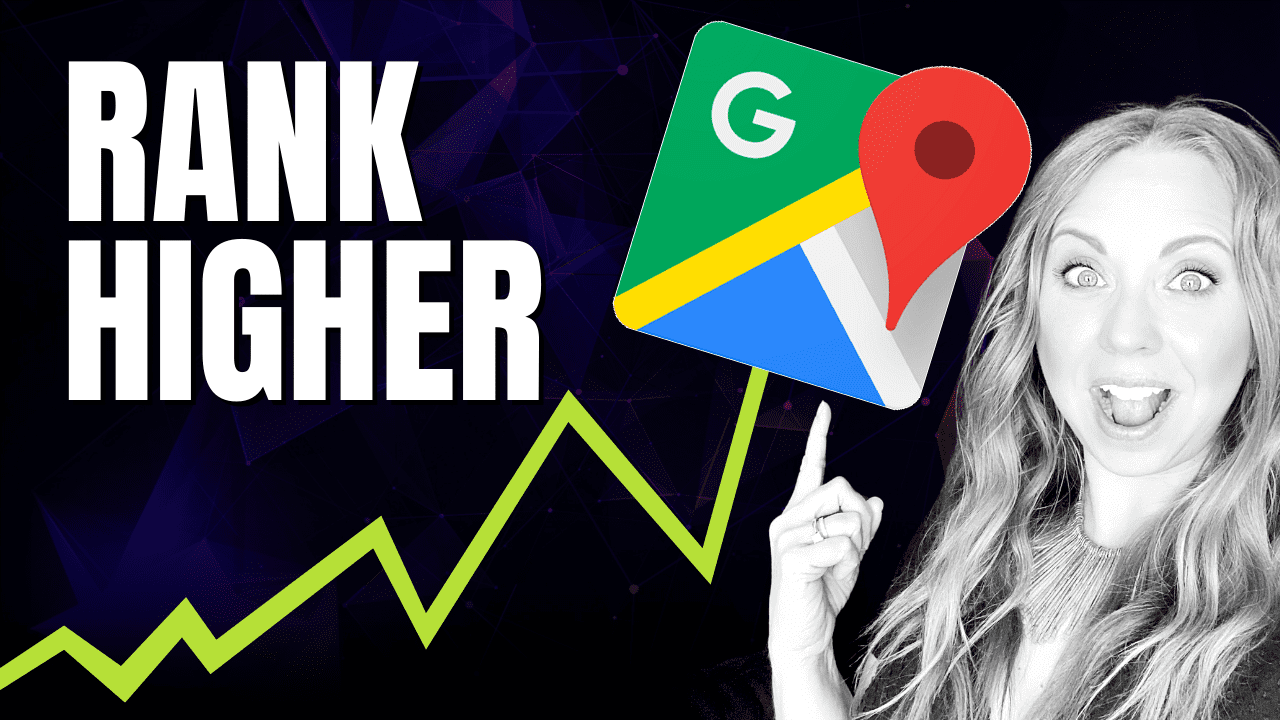

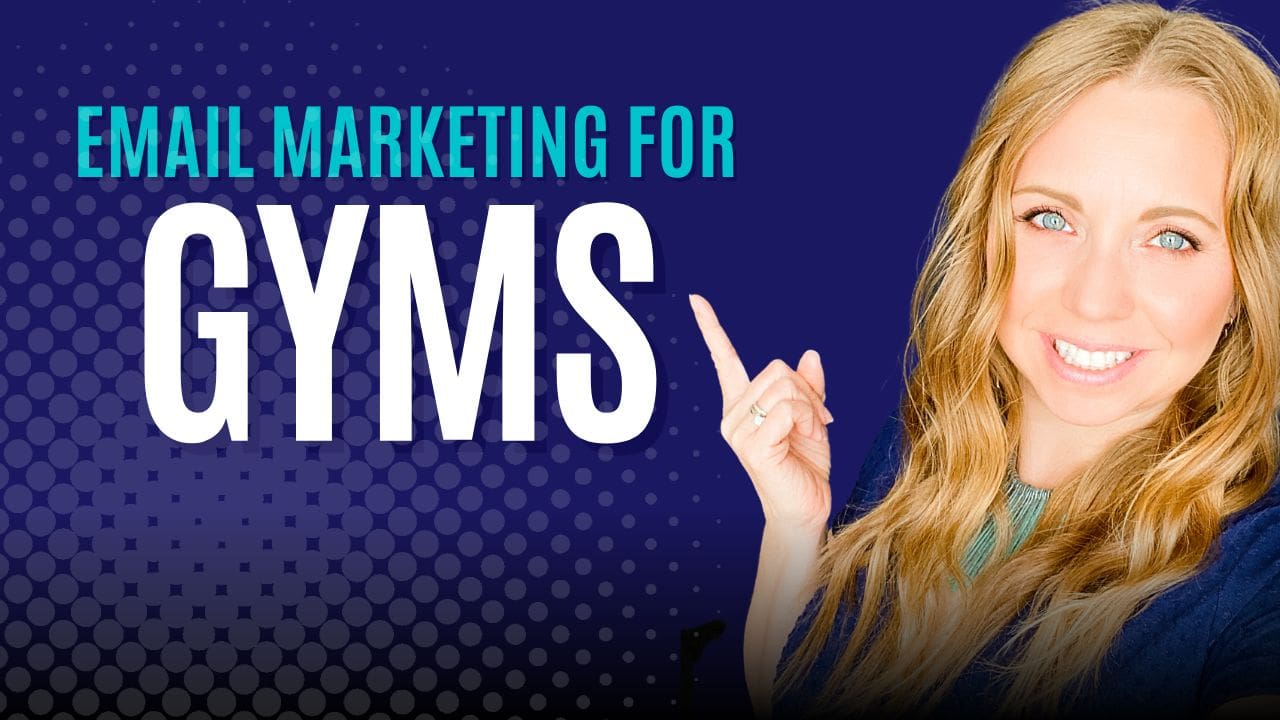
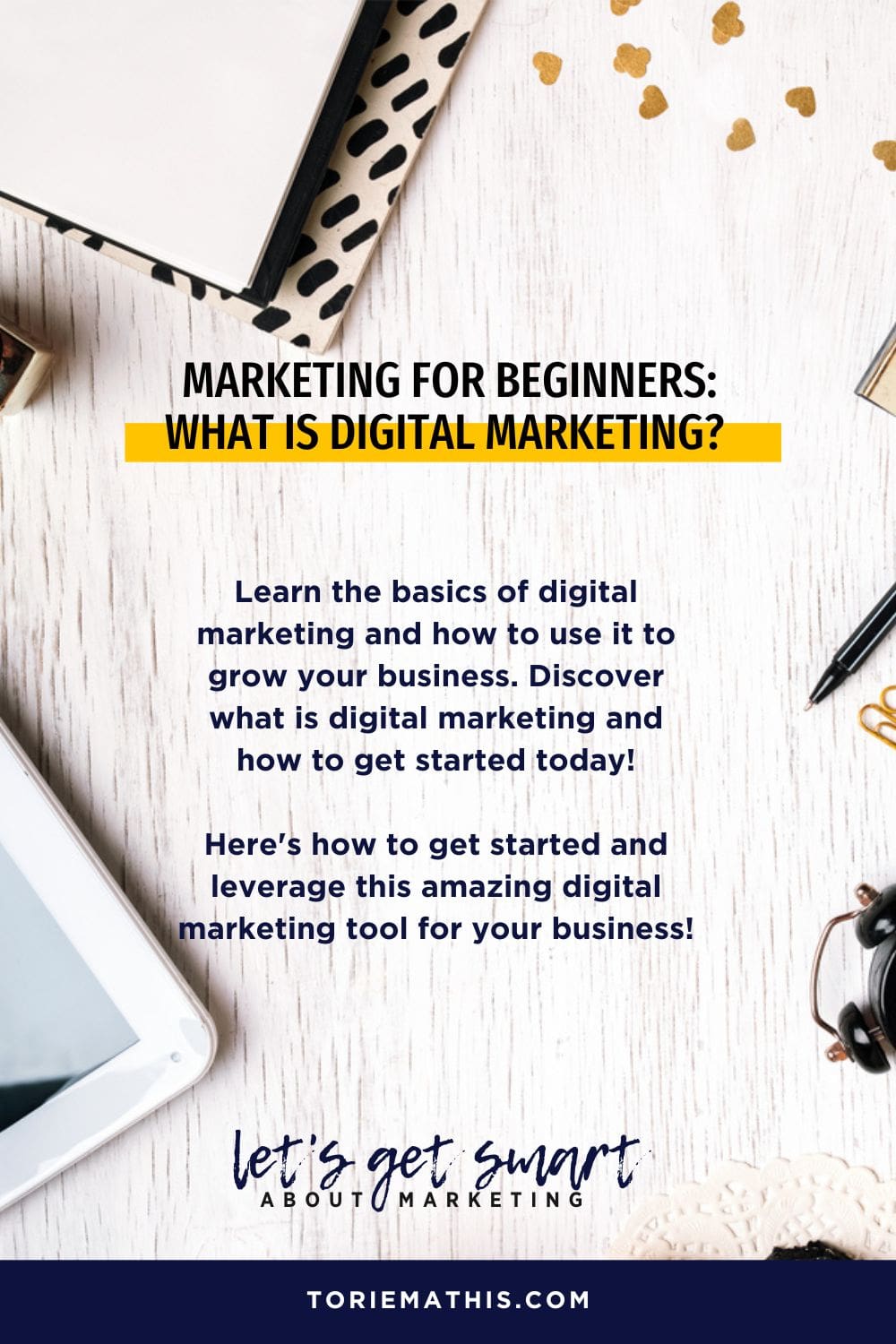
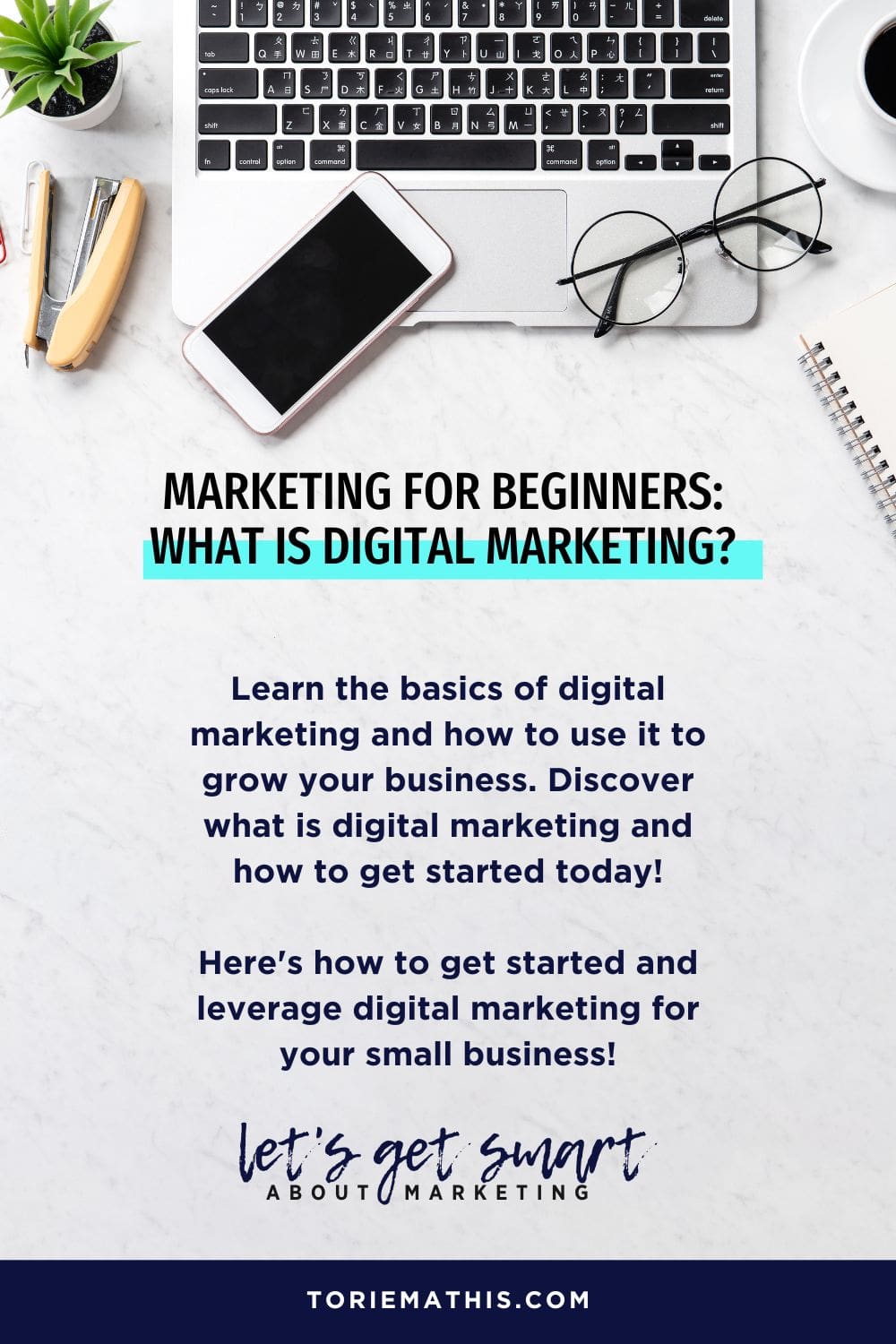
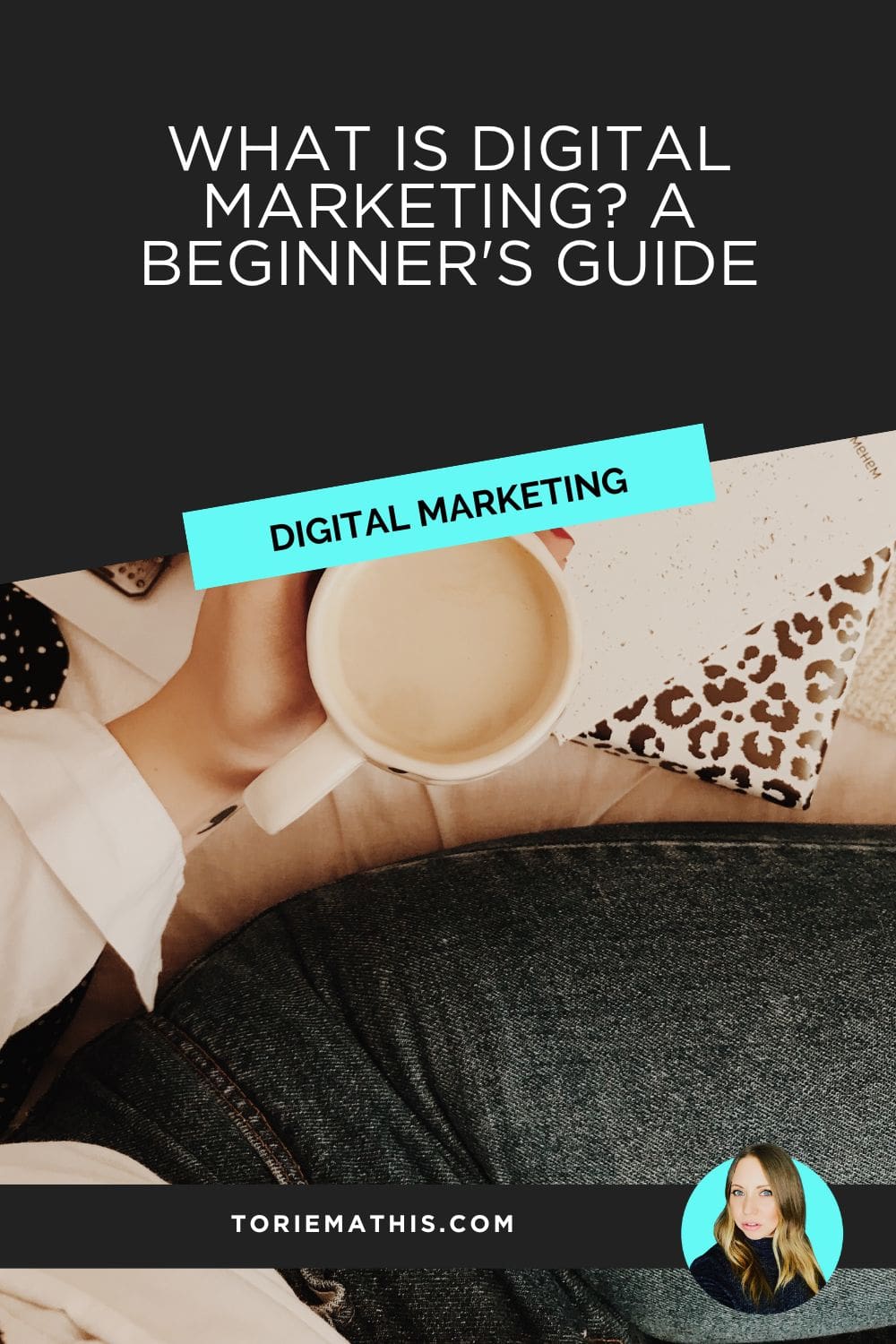
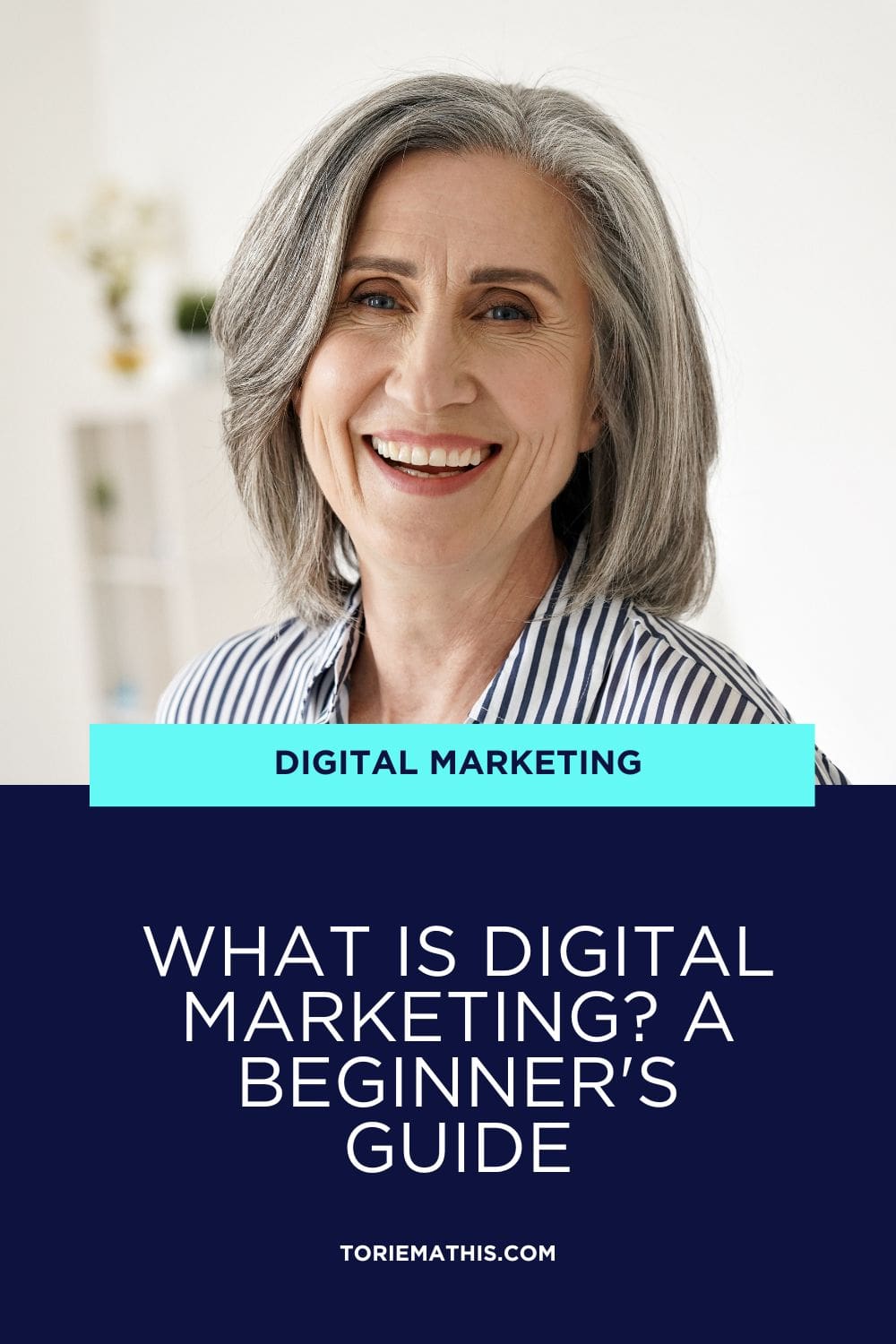
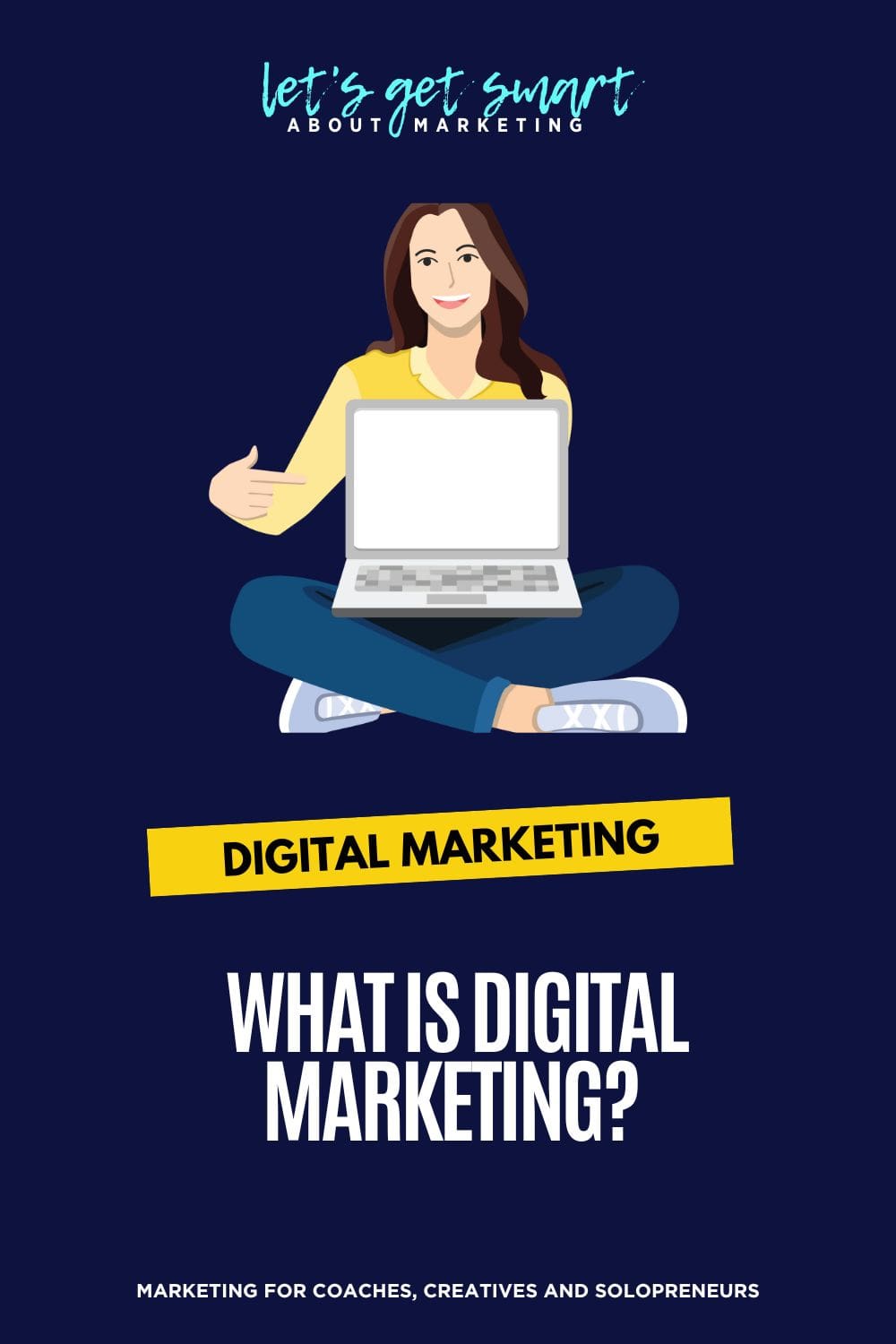
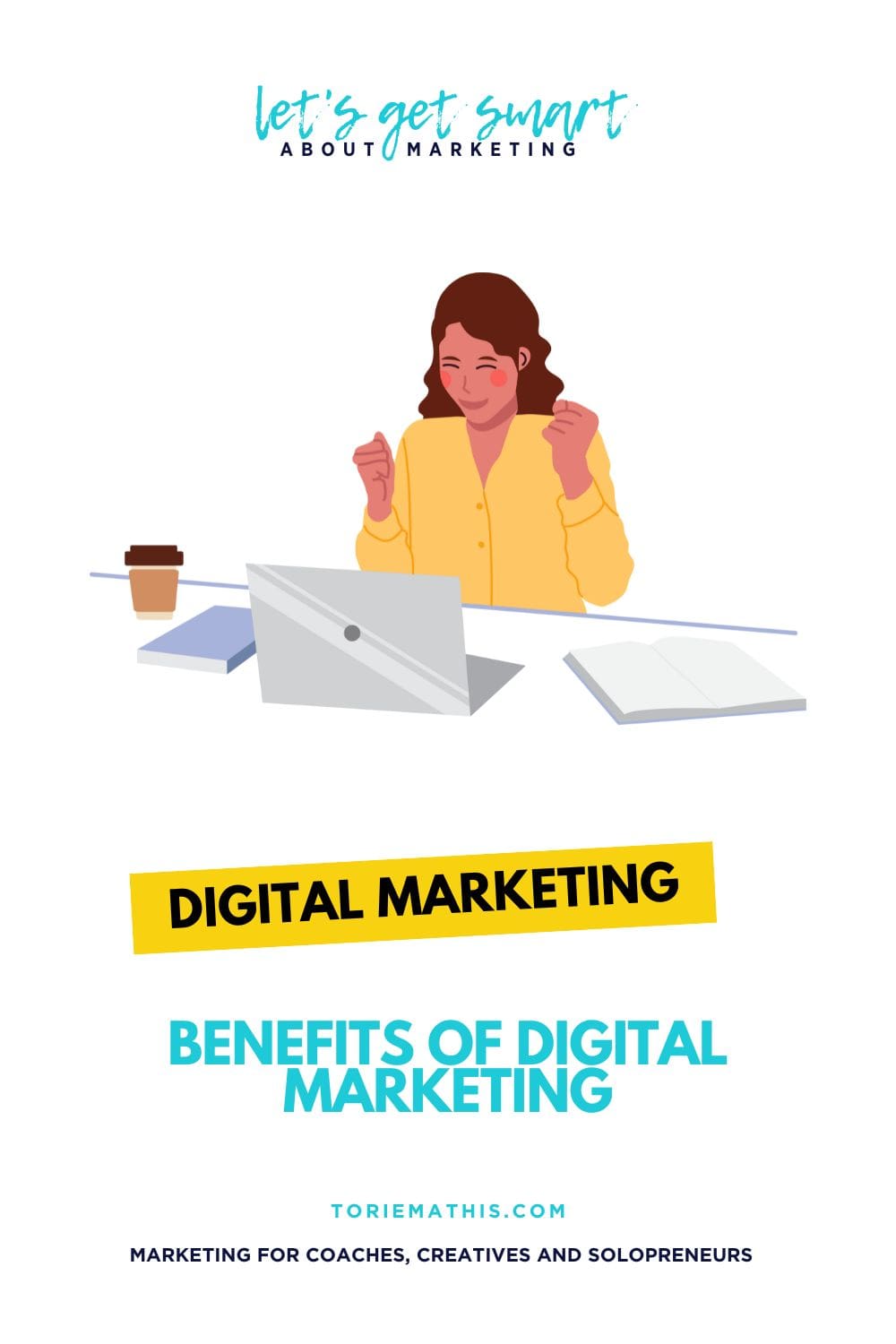
0 Comments